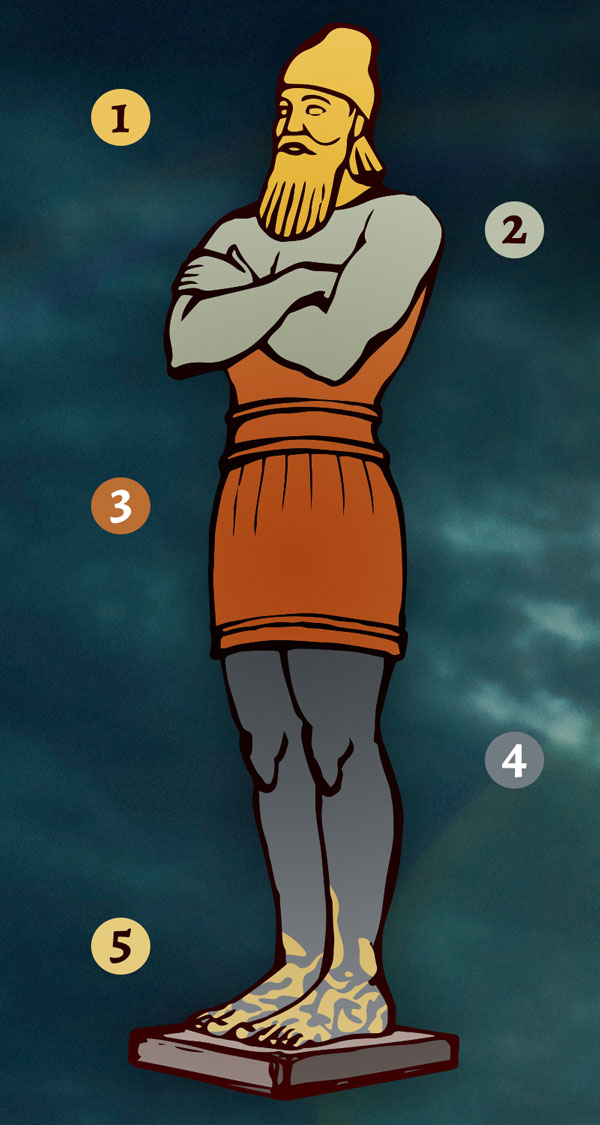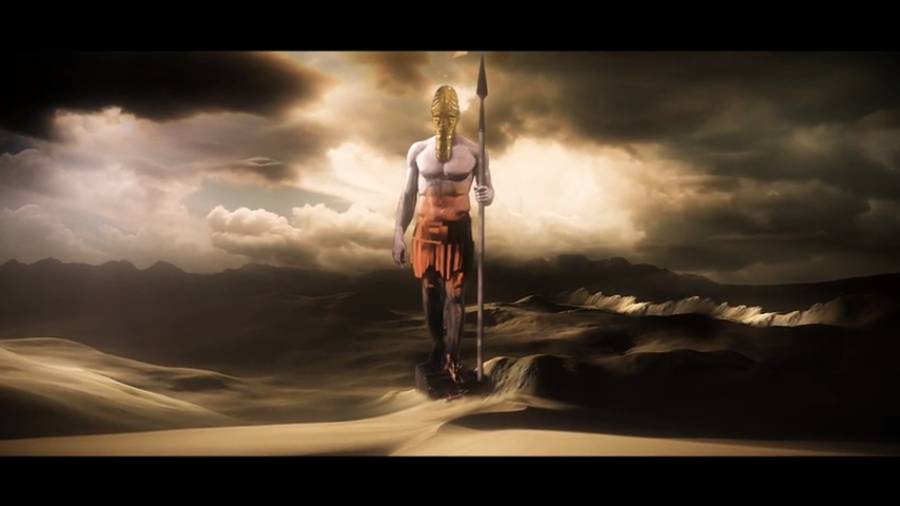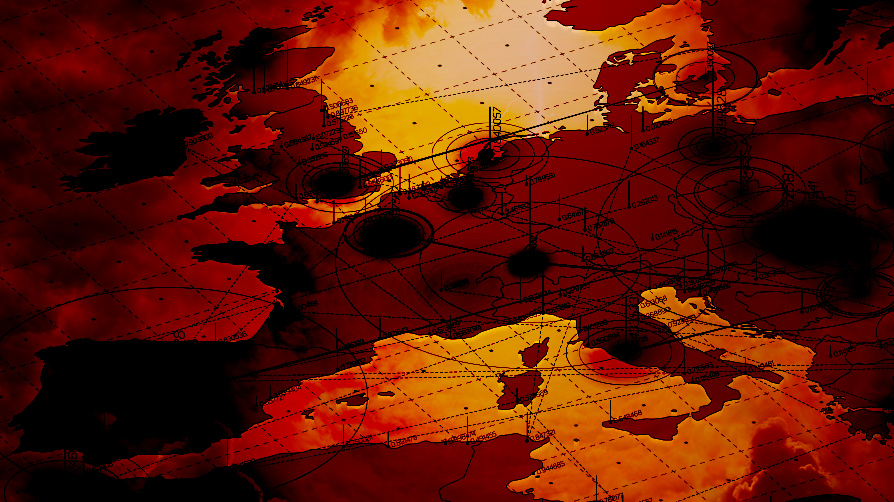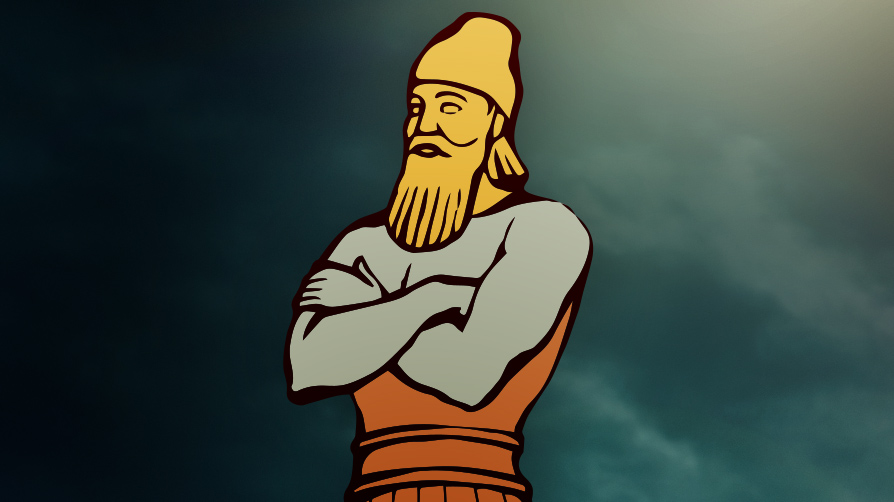

Dr. David Jeremiah Presents
Living inthe Ageof Signs
Online Destination

Living in the Age of Signs
Online Destination

Who? You!
Today’s Audio Devotion:
Who? You!
When Albert Einstein proposed his theory of relativity, it became an accepted fact that traveling into the future is possible but not into the past. That doesn’t stop Dr. Who. The famous fictional character is the star of the longest running science-fiction television series in the world. He can travel into the past as easily as into the future.
The best way to know the future for certain is to study biblical prophecy. You’ll know more than Dr. Who! God has unfolded a vast amount of information in Daniel, Ezekiel, Zechariah, Matthew 24, 1 and 2 Thessalonians, and Revelation. In fact, the entire Bible is one-fourth prophecy.
God has given us this top-secret information about the future for several reasons—to inform us, to reassure us, to encourage us, and, perhaps most importantly, to spur on our growth in holiness. We want to live in a way that glorifies Him, should He come today. Today, let’s remind ourselves that Jesus may come again before tomorrow’s sun rises and sets. And let’s live accordingly!
The end of creation is that the Creation might glorify [God]. Now what is glorifying God, but a rejoicing at that glory He has displayed?
Jonathan Edwards
For Your Phone or Tablet
Official Mobile App and Lock Screens
Some 2,600 years ago, God gave King Nebuchadnezzar a dream. In this dream, the king saw a five–part statue made of five different metals (see Daniel 2). Each section represented an empire, beginning with Nebuchadnezzar's Babylon. Four of these empires have already risen and fallen in history—a clear fulfillment of Daniel's prophetic interpretation. The fifth and final empire indicates a future Europe—a ten nation coalition that will unite under the Antichrist's rule.
You can read about the King's dream and Daniel's interpretation in Daniel 2, but let's take a quick visual look at what you will find:

-
King Nebuchadnezzar's Babylon
Daniel's words to the king are clear. "You are this head of gold" (Daniel 2:37–38).
-
Medo–Persian Empire
The Medo–Persian Empire conquered Babylon in 539 BC and remained in power for approximately two hundred years (Daniel 5:28).
-
Grecian Empire
Greece's Empire succeeded the Medo–Persians (Daniel 8:21).
-
Roman Empire
When the Grecian empire was conquered by Rome, all the lands and peoples of the previous kingdoms were assimilated into the Roman Empire through the strengths of the "iron legions of Rome" (Daniel 2:40).
-
Future European Coalition
This empire has not yet risen. Daniel foretells a time when the Roman Empire—Europe—will consist of ten kingdoms or leaders. The future Roman Empire will be present on the earth when God sets up His earthly kingdom (Daniel 2:44).









